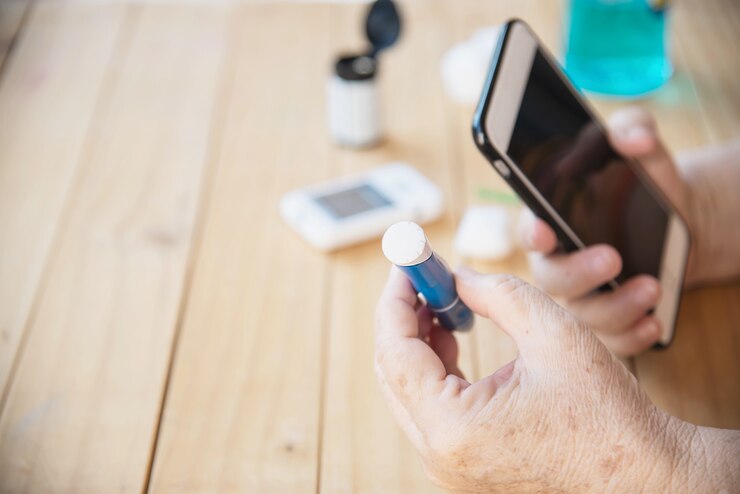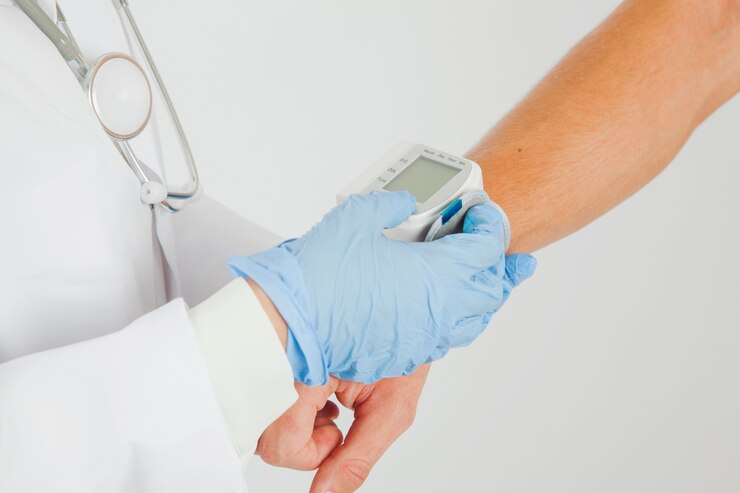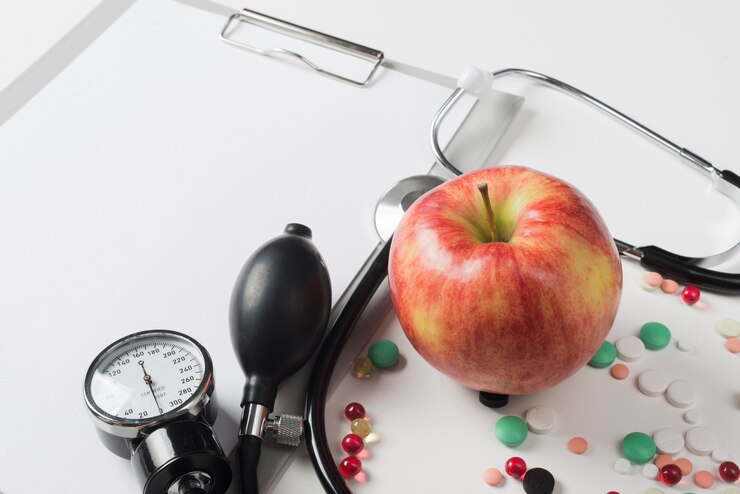Know your problem
Diabetes can lead to a range of problems, especially if blood sugar levels are not well-controlled.
Medication
Diabetes medications can help manage blood sugar levels, but they may also cause side effects.
Categories of Diabetes Medications
- Oral Medications - Metformin, Sulfonylureas, Thiazolidinediones
- Injectable Medications - Insulin, GLP-1 receptor agonists
- Insulin Therapy - Rapid-acting insulin, Short-acting insulin, Intermediate-acting insulin, Long-acting insulin
- GLP-1 Receptor Agonists
Benefits of Medication
- Blood Sugar Control
- Reduction of Complications
- Improved Insulin Sensitivity
- Lowering the Risk of Cardiovascular Problems
Key Considerations
- Side Effects: All medications can have side effects, including low blood sugar (hypoglycemia), gastrointestinal upset, and weight gain. Some newer medications may cause less weight gain or even promote weight loss.
- Monitoring: Regular monitoring of blood sugar levels is essential, especially for insulin-dependent patients.

Blood Glucose Monitoring
Monitoring diabetes is an essential part of managing the condition and preventing complications.
Hemoglobin Test
- A blood sample is taken, and the percentage of hemoglobin that is coated with glucose is measured.
- The general target for HbA1c is below 7% for most people with diabetes, although individual targets may vary depending on age, health conditions, and treatment plans.
- People with diabetes should have an HbA1c test at least twice a year
Urine Testing
- Urine tests for ketones are sometimes used, particularly in type 1 diabetes.
- If blood glucose is consistently above 250 mg/dL (for type 1 diabetes).
Benifits of Monitoring of diabetes
- Better Blood Sugar Control
- Personalized Treatment Adjustments
- Reduced Risk of Long-Term Health Issues
- Motivation for Healthier Lifestyle Choices

Diet
A diabetes diet is an essential part of managing diabetes, as it helps control blood sugar levels, maintain a healthy weight, and reduce the risk of diabetes-related complications.
General Principles of a Diabetes Diet
- Carbohydrate Management
- Balance of Macronutrients
- Regular Meal Timing
- Managing portion sizes is key to controlling calorie intake and maintaining a healthy weight.
Foods to Include in a Diabetes Diet
- Non-Starchy Vegetables - broccoli, cauliflower, zucchini, peppers and tomatoes.
- Whole Grains - Brown rice, quinoa, whole wheat bread, oats, barley, and bulgur.
- Choose whole fruits over fruit juices to avoid blood sugar spikes.
Additional Tips for Managing Diabetes with Diet
- Drink plenty of water throughout the day.
- If you drink alcohol, do so in moderation and always with food to prevent blood sugar dips.
- Physical activity helps manage blood sugar levels and supports weight loss.

Medicine
The treatment of diabetes typically involves medications that help control blood sugar levels.
Medications for Type 1 Diabetes
- Rapid-acting insulin
- Short-acting insulin
- Intermediate-acting insulin
- Insulin pumps and continuous glucose monitors
Medications for Type 2 Diabetes (T2D)
- Metformin ,Sulfonylureas
- Meglitinides ,SGLT2 inhibitors
- Alpha-glucosidase inhibitors
Other Medications for Diabetes Complications
- ACE inhibitors or ARBs (e.g., Lisinopril, Losartan) help protect kidney function and manage high blood pressure.
- Pregabalin (Lyrica) or Gabapentin (Neurontin)
- SGLT2 inhibitors

Appointment Now
Get In Touch With Us
They implement research-backed methods to support personal development, strengthen coping mechanisms, and encourage positive relationships. By establishing a safe and accepting environment, they empower individuals to succeed.
(+91) 9711687439
- 7 Days A Week, 24x7, Convenience at your fingertips!
- 8.00 am - 7.00 pm




